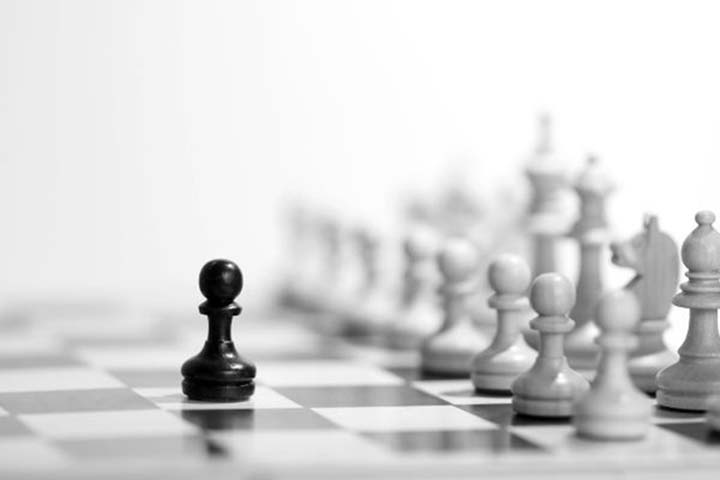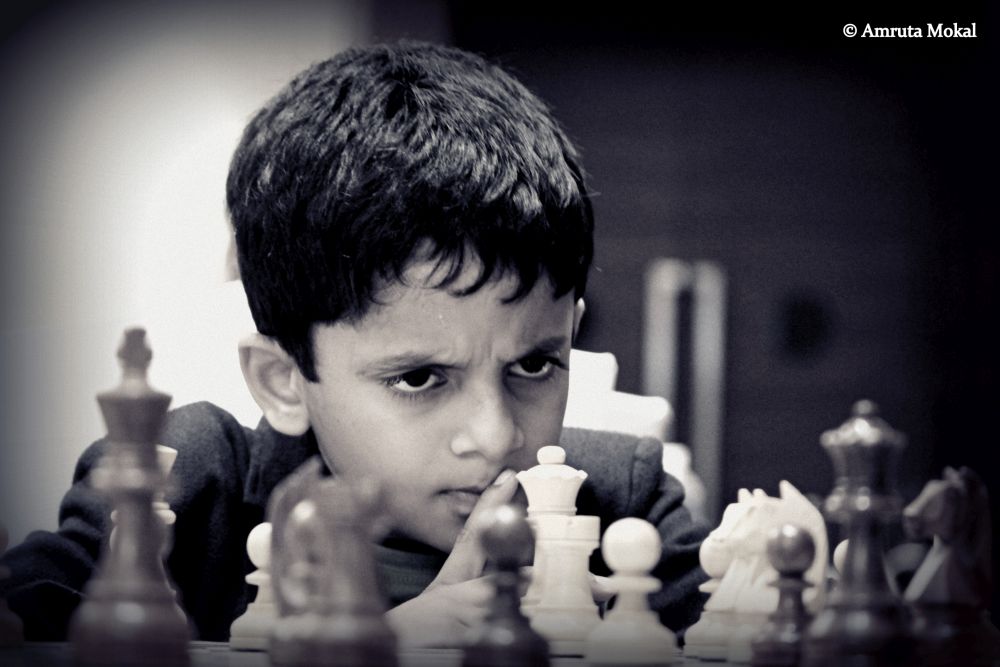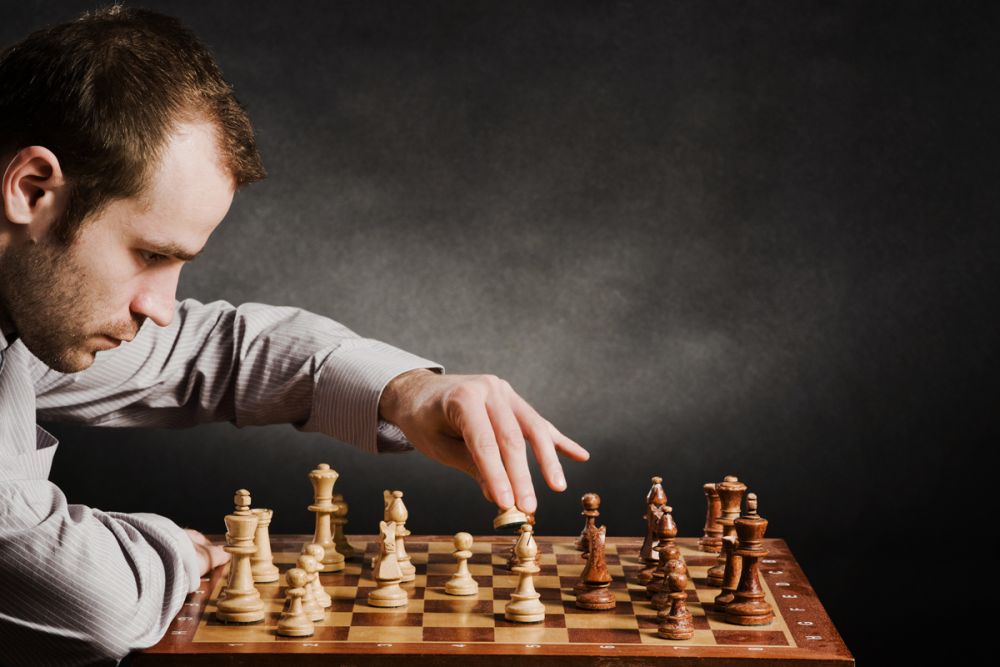


Do we want to become better chess players? Do we want to become an IM or a GM? The answer will be yes for the majority of chess players. But what are we doing to move towards our goal? We are studying chess. Everyone will agree that an in-depth study of the game is required to grow our chess playing ability. But is that enough? There is another equally important factor which is often overlooked; the ability to manage our thoughts and emotions. This quality separates the pros from the amateurs. So anyone having a serious goal of becoming a good chess player cannot afford to ignore this. We have to develop this ability also.
“When the negative thoughts come — and they will; they come to all of us — it's not enough to just not dwell on it. You've got to replace it with a positive thought” -Joel Osteen

A single negative thought will act as a virus and sabotage our system. It is equally important how we respond to these negative thoughts. Do we have the ability to ignore the negative thoughts and replace it with a positive thought, or do we replay them again and again? We may question our ability during training when we are unable to solve a difficult tactical puzzle. We may be apprehensive and tense when we are facing a higher rated opponent or in a must-win situation. How should we handle our negative thoughts?
“I don't want to be at the mercy of my emotions. I want to use them, to enjoy them, and to dominate them” -Oscar Wilde
Emotions can give us energy. Positive emotions will give us enthusiasm and a good feeling. But negative emotions will act as a block. They will make us feel low, not allow us to concentrate, and prevent us from delivering our best. We may experience negative emotions whenever we lose a game. We have heard stories of players throwing their tennis rackets in frustration. Such players grow to their full potential only when they are able to control their emotions.
So how should we control our thoughts and emotions? Do we need to use elaborate techniques? Do we need to undergo some kind of training for that? What can be done? Most of the players won’t need to do anything complex if they follow the simple tips given here.
Only three thoughts need to be nurtured, to be active in our minds. A single-minded focus on these three thoughts will give us phenomenal results. Instead of focusing on what should not be done, these three thoughts will act as an anti-virus and prevent other negative thoughts and emotions from gaining ground in our mind. They will allow us to perform at our peak potential.
The quality and quantity of training: Before the game, we should focus only on our preparation. We should increase the quality and quantity of our training. More the better. No other thought apart from this is needed.
Indian team preparing hard for the Baku Olympiad where they finished fourth!
Finding the best move: We may be pitted against a higher rated or a lower rated opponent, a tactical or a strategic player, IM or a GM. We may be in a must-win situation. We may be under pressure from our own expectations or that of our parents and coaches. Irrespective of all that, during any game, we should be fully focused on finding the best move at each step. Being solely focused on finding the best move is the only thing that will help us withstand all pressure.

What's the best move in the position?! | Photo: Amruta Mokal
What were the mistakes: Only those players who will identify and rectify their mistakes will progress. Hence an honest and a dispassionate analysis should be done of our games to identify our mistakes. We need to identify the pattern in our mistakes and take steps accordingly to strengthen our weaknesses. This will prevent such mistakes happening again and help us in becoming a better chess player over time.

Analyzing your games, finding your mistakes and rectifying them is the key to success | Photo: Patryk Stanisz
This story originally appeared on ChessBase India and is republished with kind permission
| Advertising |